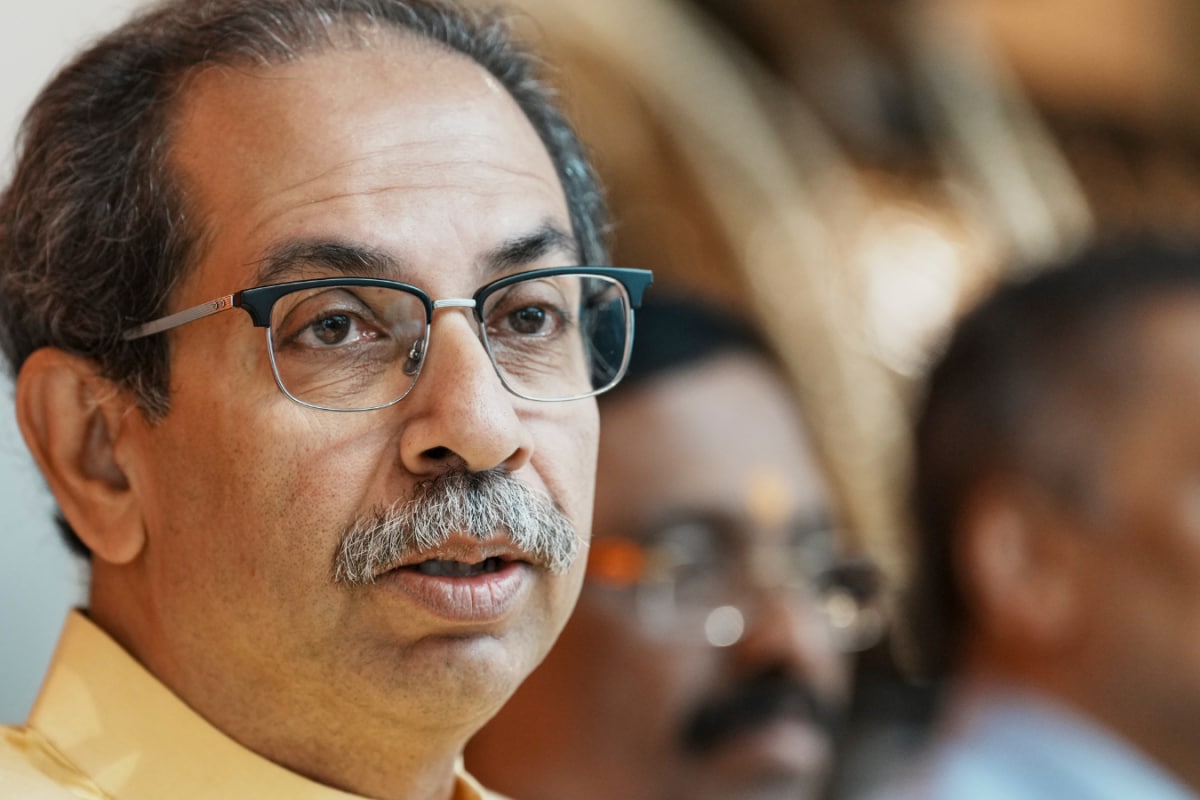

Recent political developments in Maharashtra suggest a potential shift in alliances, with Uddhav Thackeray, leader of the Shiv Sena (UBT), hinting at a possible alliance with the Maharashtra Navnirman Sena (MNS), led by his cousin Raj Thackeray. This comes amidst a backdrop of criticism directed towards the Bharatiya Janata Party (BJP), with Thackeray invoking Marathi identity as a key point of contention.
The speculation gained traction when Uddhav Thackeray stated that the decision of a potential alliance between Shiv Sena (UBT) and MNS rests with the people of Maharashtra. This statement was made amidst ongoing discussions regarding a possible reunion between the estranged cousins' parties. Raj Thackeray had earlier expressed his willingness to collaborate with Uddhav for the "greater good" of Maharashtra, emphasizing the importance of Marathi identity and the interests of the state.
Uddhav Thackeray's readiness to put aside differences was conditional, stating that those working against Maharashtra's interests should not be entertained. This sentiment reflects the ongoing debates about preserving the state's linguistic and cultural identity, particularly in light of the Maharashtra government's decision to make Hindi a compulsory subject in schools, a move opposed by both Thackeray factions.
The BJP has been a frequent target of Uddhav Thackeray's criticism. He has accused the BJP of attempting to block "Marathi unity" ahead of civic polls in Maharashtra, alluding to behind-the-scenes political maneuvering, including meetings aimed at derailing a potential alliance of Marathi-centric parties. Moreover, Thackeray's absence from Maharashtra Day celebrations due to a family trip abroad drew sharp criticism from the ruling Mahayuti alliance, with BJP leaders accusing him of ignoring the Marathi identity he claims to uphold.
The possibility of a Thackeray reunion is viewed as a potential game-changer in Maharashtra's political landscape, especially with upcoming Brihanmumbai Municipal Corporation (BMC) elections. Both Shiv Sena (UBT) and MNS have faced setbacks in recent elections, and an alliance could revitalize their relevance in the state. However, challenges remain, including differing political views and the need to reconcile past differences. Despite this, local leaders from both sides have shared platforms, indicating a willingness to work together.
While the Congress party has welcomed the possibility of an alliance aimed at protecting Maharashtra's interests and keeping the "communal BJP away", the BJP has downplayed the significance of a potential Thackeray reunion, suggesting that differing political concepts may hinder their ability to come together effectively.
In the past, Raj Thackeray has criticised Prime Minister Narendra Modi and the BJP, but later aligned with the saffron party. In the last assembly election, the MNS suffered a significant setback, with Raj's son Amit Thackeray losing in his debut election.
The MNS has had a limited role in Lok Sabha and Assembly polls since it was founded in 2006. It has been more popular in municipal corporation polls, particularly between 2009 and 2014, but has since lost considerable influence.
Overall, the political climate in Maharashtra is charged with speculation and anticipation as the possibility of a Shiv Sena (UBT)-MNS alliance looms. While challenges and uncertainties persist, the potential for a united front rooted in Marathi identity could reshape the state's political dynamics.